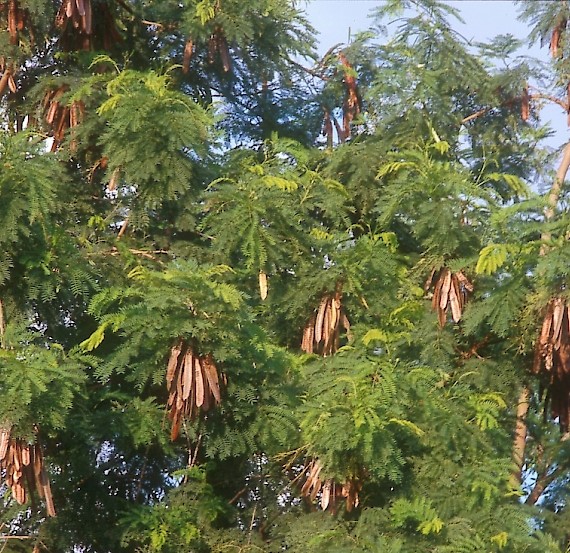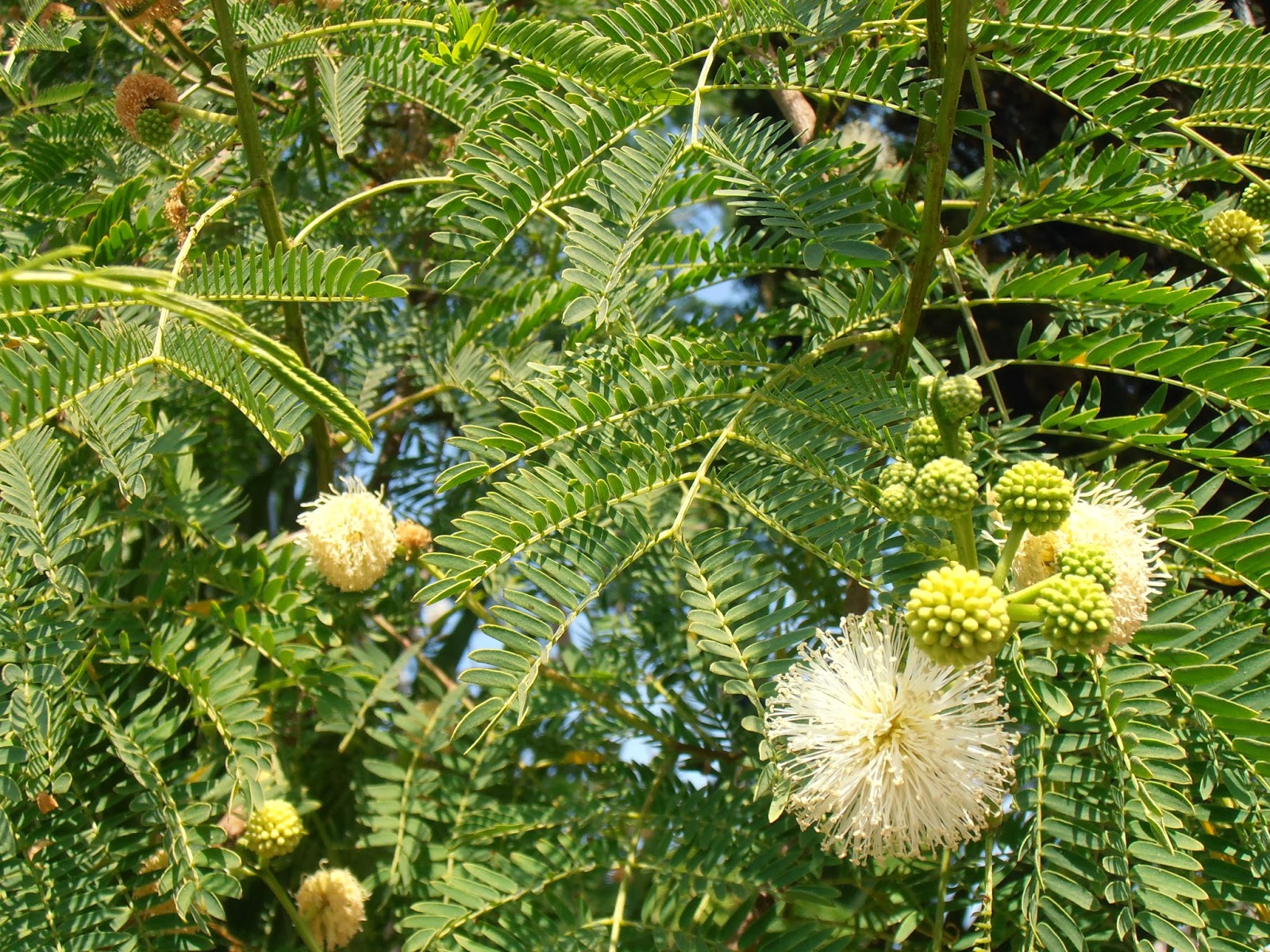Leucaena leucocephala (Lam.) de Wit
Leucaena leucocephala is a widely known species, commonly referred to as White Leadtree or Jumbay. Leucaena leucocephala is a highly useful species, particularly in tropical regions, where it is valued for its ability to improve soil fertility, provide fodder, and serve as a source of firewood and timber. It is also important in agroforestry systems.
Scientific Name: Leucaena leucocephala (Lam.) de Wit
Family: Leguminosae
According to Bentham and Hooker, Leucaena leucocephala is classified under the Leguminosae
family, subfamily Mimosoideae, which includes many leguminous plants.
Synonyms:
• Mimosopsis leucocephala Lam, Leucaena glauca (L.) Benth, Leucaena indica (L.), Acacia leucocephala (synonym used in earlier classifications)
o in drought conditions and poor soil.
Common Names: White Leadtree, Jumbay, Wild Tamarind
Malayalam Name: പീലിവാക peelivaaga
Tamil Name: பாலதிரி மரம் (Paalathiri Maram)
Uses of Leucaena leucocephala:
1. Forage and Fodder: Leucaena leucocephala is widely planted as a fodder tree due to its high protein content in the leaves. It is an excellent animal feed for cattle, goats, and sheep, especially in tropical regions.
2. Soil Fertility Improvement: It is used as a green manure plant to enrich soil, thanks to its ability to fix nitrogen through its root nodules in symbiosis with rhizobium bacteria. This helps improve soil fertility.
3. Timber and Firewood:The wood of Leucaena leucocephala is lightweight and strong and is used for making furniture, tools, and pulpwood. It is also used as firewood and in the production of charcoal.
4. Erosion Control and Shade: Its rapid growth makes it a popular choice for erosion control and reforestation projects, especially in areas with degraded soils. It is often used as a shade tree in agriculture, providing cover for crops and livestock.
5. Medicinal Uses: The plant has been used in traditional medicine, especially in Southeast Asia and Latin America, for treating ailments such as fevers, diarrhea, and intestinal worms The seeds are also used in traditional remedies, though caution is advised as they may be toxic if consumed in large quantities.
6. Toxicity and Caution: Leucaena leucocephala contains a toxin known as mimosine, which can be harmful if consumed in large amounts, especially to non-ruminant animals (like pigs and horses). However, ruminants (cattle and goats) can detoxify mimosine in their systems with proper adaptation.
7. Ornamental Uses: It is also planted for ornamental purposes due to its fast growth and attractive flowers. It is used as a hedge plant or shade tree in tropical landscaping.

